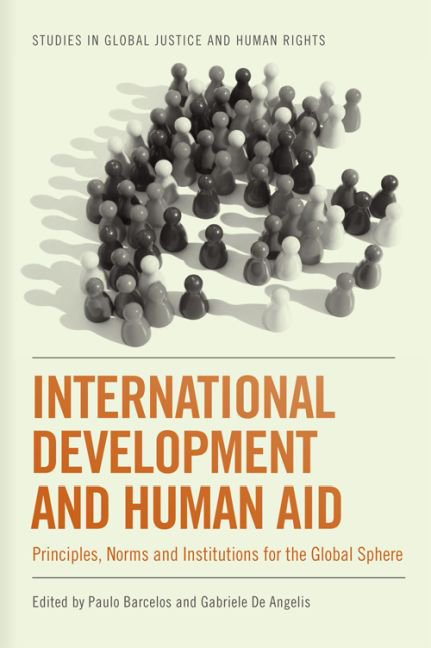Book contents
- Frontmatter
- Contents
- List of Contributors
- Acknowledgements
- 1 Justice in a Complex World: An Introduction
- Part I Human Rights and the World Economy: Questions of Scope
- 2 The (Difficult) Universality of Economic and Social Rights
- 3 Economic Justice and the Minimally Good Human Life Account of Needs
- Part II The Applicability of Global Principles – Some Contemporary Dilemmas
- Part III Justice and International Institutions
- Index
2 - The (Difficult) Universality of Economic and Social Rights
from Part I - Human Rights and the World Economy: Questions of Scope
Published online by Cambridge University Press: 26 April 2017
- Frontmatter
- Contents
- List of Contributors
- Acknowledgements
- 1 Justice in a Complex World: An Introduction
- Part I Human Rights and the World Economy: Questions of Scope
- 2 The (Difficult) Universality of Economic and Social Rights
- 3 Economic Justice and the Minimally Good Human Life Account of Needs
- Part II The Applicability of Global Principles – Some Contemporary Dilemmas
- Part III Justice and International Institutions
- Index
Summary
INTRODUCTION
A notable feature of recent work on global economic justice is its increasing resort to the idea of ‘human rights’. As some have pointed out, ‘human rights discussions have largely replaced earlier proposals for globalised difference principles’ (Flikschuh 2011: 17). Thinkers who have long advocated global principles of distributive justice (such as Charles Beitz, Allen Buchanan and Thomas Pogge) now appear to focus their attention on the presumably more modest task of specifying the content and extent of our human rights responsibilities in the face of severe world poverty. Central points of reference in their undertaking are the economic and social rights proclaimed in Article 25(1) and Article 26(1) of the 1948 Universal Declaration of Human Rights (UDHR):
Everyone has the right to a standard of living adequate for the health and well-being of himself and of his family, including food, clothing, housing and medical care and necessary social services, and the right to security in the event of unemployment, sickness, disability, widowhood, old age or other lack of livelihood in circumstances beyond his control.
And:
Everyone has the right to education. Education shall be free, at least in the elementary and fundamental stages. Elementary education shall be compulsory. Technical and professional education shall be made generally available and higher education shall be equally accessible to all on the basis of merit.
The attractiveness of human rights language can in large part be explained by the interplay of three commonly held assumptions about the meaning of human rights. First, human rights are often taken to be ‘moral rights’: as rights, they are assumed to set limits on the freedom of others and, correlatively, to confer to their holders standing to press for their recognition and to complain when they are violated; as moral rights, they are given an existence that is prior to and independent of their recognition by positive law. Second, human rights are usually regarded as ‘high priority’ rights, that is, as protecting a sphere of pre-eminent moral importance (such as the ‘minimum’ conditions for a dignified life) and as therefore providing reasons for action which, though not absolute, are sufficiently weighty to outweigh other reasons for action most of the time.
- Type
- Chapter
- Information
- International Development and Human AidPrinciples, Norms and Institutions for the Global Sphere, pp. 31 - 50Publisher: Edinburgh University PressPrint publication year: 2016



